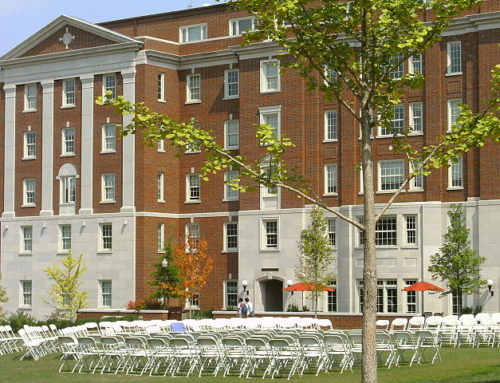Today’s Wall Street Journal highlighted that our two political parties now represent two different economies. Indeed, there has been a total flip-flop since my youth. I can remember when it was said that college graduates voted Democratic the first three times after college and then voted Republican the rest of their lives. Now, the Democrats have captured much of the college vote and more financially successful districts.
The share of Gross Domestic Product districts is divided as follows 63.6% Democrats and 36.4% Republicans. Republican loss of areas with high economic activity is astounding. While the WSJ did not attribute the reasons for the change, I personally feel that Republican rejection of evolution, climate change, and Planned Parenthood has hurt their support from the educated class. Republican opposition to any reasonable limitation on gun control has to be another negative.
In 2010 the ‘tea party’ election wiped out Democrats from rural and working-class districts across the Midwest and Southeast. The 2018 midterms ousted Republicans from many suburbs.
Democrats have captured districts where people with college degrees are located.
Democrats have prevailed in districts with a high number of people working in finance, digital, and professional industries. By contrast Republicans now do better in districts that have more jobs in basic manufacturing.
In my youth the 11 states of the former confederacy and the Border States were reliably Democrat. Today, with the exception of Virginia and Maryland, most of these states would be classified as Red States.
Since I never predicted the incredible changes in party preferences, I am not certain of my ability to forecast future changes. That said, I certainly sympathize with college graduates who believe in evolution, climate change, gun control and Planned Parenthood. On the other hand, Elizabeth Warren’s Progressive Agenda who favors $15 trillion of additional expenditures, frontal attacks on the pharmaceutical industry, big business, etc. is La La Land economics. Repeatedly, capitalism has proven to be the best engine for economic growth because it relies upon the market place and individual incentives. Top Down decision-making has repeatedly failed.
Originally published in the Sarasota Herald-Tribune



